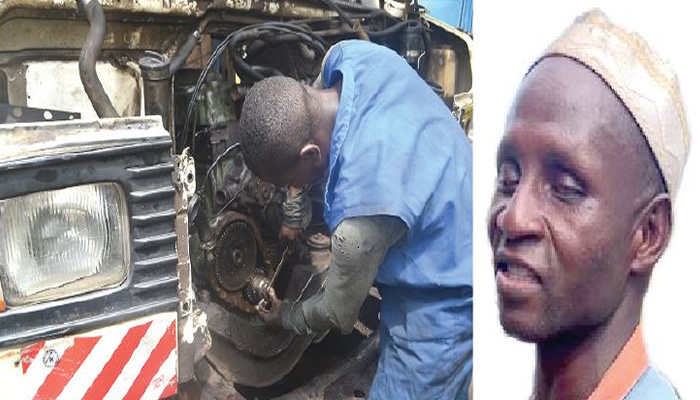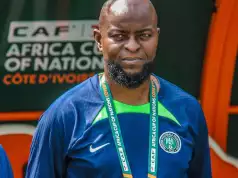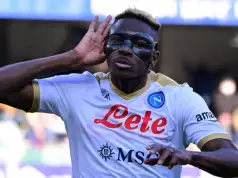Murtala Shuaibu, a blind mechanic is one of the rare persons in the world today who can cling to their aims and principles despite the fog of disability.
The sight-challenged technician, who is from Agbede in Edo State’s Estako West Local Government Area, has been repairing cars for almost 30 years.
Many inhabitants of Tugamaji, a town on the Gwagwalada Expressway in Abuja, where Shuaibu’s auto business is located, refer to him as ‘The Blind Mechanic.’
However, his social media popularity skyrocketed recently after a Tik Tok user claiming to be one of his clients published a short movie about him.
The 55-year-old blind mechanic briefly recounts how he accurately troubleshoots and repairs a variety of autos in the viral video, which has now been viewed over 80,000 times.
The father of two, who lives in Kano State, said that he went blind while driving a car in 1996.
Shuaibu remarked, with a confident tone in his voice, that the encouragement he received from others around him strengthened his commitment to continue working as a mechanic.
He said, “I am a visually impaired mechanic. I am 55 years old and I have two children – a boy and a girl. I started learning this work in 1988 but I went blind in 1996.
“Before then, I was physically ill and sought treatments, some of which I think had side effects that affected my sight. I started to have blurred vision in both eyes. Initially, I thought it would go away but it got worse.
“One day, while I was driving, I lost my sight and could no longer see with both eyes. It was like being in the dark all of a sudden, but I resolved to continue as a mechanic because that was the only source of living that I knew.
“At the initial stage, I was living in regret but people around me encouraged me not to dwell on my disability but continue with my work and there were people who believed in me.
“That was what convinced me to continue working. I became visually impaired before I got married, so I decided it shouldn’t stop me from my life goals.”
Having lost his sense of sight – which is vital for his job – Shuaibu began to steadily adjust to the proficient use of his sense of hearing and touch to repair cars.
He recalled, “At first, it was very challenging to repair cars as a visually challenged person. I thought it was impossible for me to fix cars, identify their defective parts and gauge their problems without my sight. In fact, I almost gave up in discouragement, but my persistence and courage kept me going.
“I had no other means of work and rather than become a beggar, I decided to put my mind into adjusting to my new situation. So, I began to train my hands, nose, and ears to make up for my lost sight. I mastered car parts with my hands and attuned my ears to the sound of engines so I could detect when there was a problem.
That is why if I hold a spanner in my hands, I can tell its size and use my hands to chart where I should apply it.
“I also rely on my nose to sense if there is a fault with the cars I work on. After a period of years, my ears became sensitive to figuring out what is wrong with a car and my hands adapted to changing automobile parts with minimal assistance.
“Now, once I listen to the noise of your car, I can tell you its problem whether it is coming from the amber or there is a stabilizer leakage or the nozzle needs to be serviced and fixed. I work on Toyota, Honda, and other cars.”
From his early beginning as an apprentice to a local mechanic, Shuaibu steadily began to gain mastery of the skills required to fix automobiles.
Soon, he began to receive positive feedback from his clients who marveled at how he easily figured out car faults, and from there, they began to recommend him to their friends and colleagues.
In spite of his determination to transcend the limits of his visual impairment, Shuaibu still has to contend with certain challenges.
He said, “There are some people who find it difficult to trust me with their cars because I am blind. They wonder how it is possible for me to figure out what is wrong with their vehicles when I lack the physical sight that they have.
“When I first started, it took much time and effort to convince my clients of my capabilities. Some also try to underpay me or argue with me when I tell them their vehicle’s requirements.
Fortunately, I can recognize my clients by their voices and I am well-known within my workshop community.










